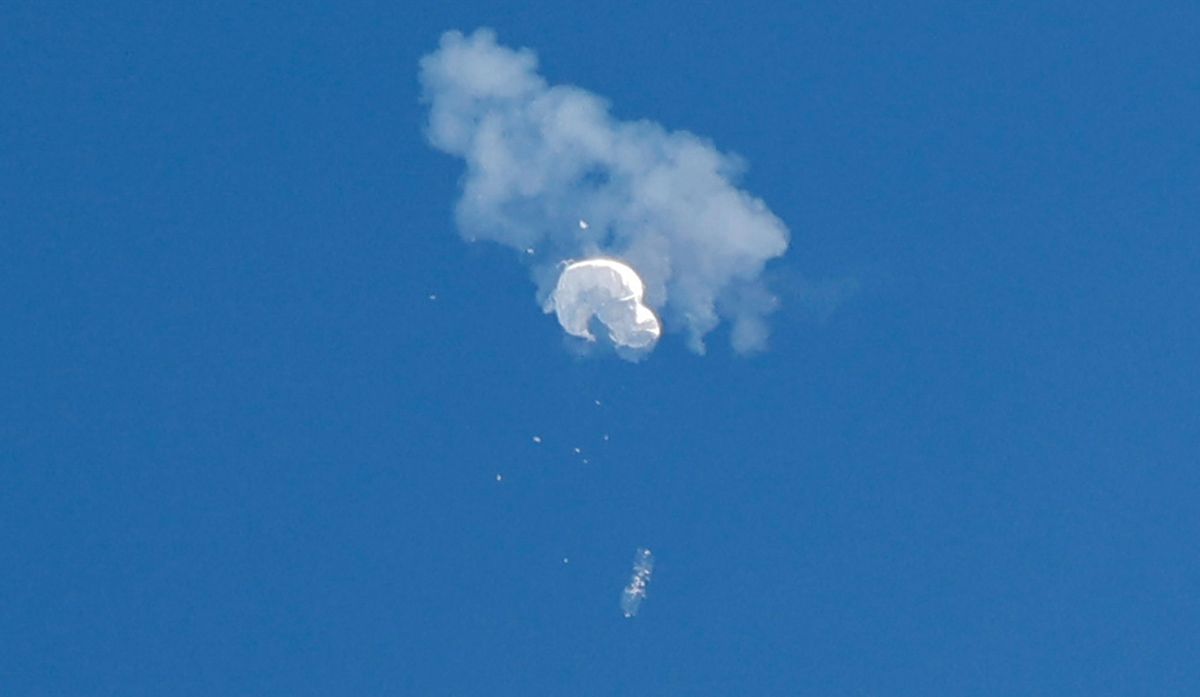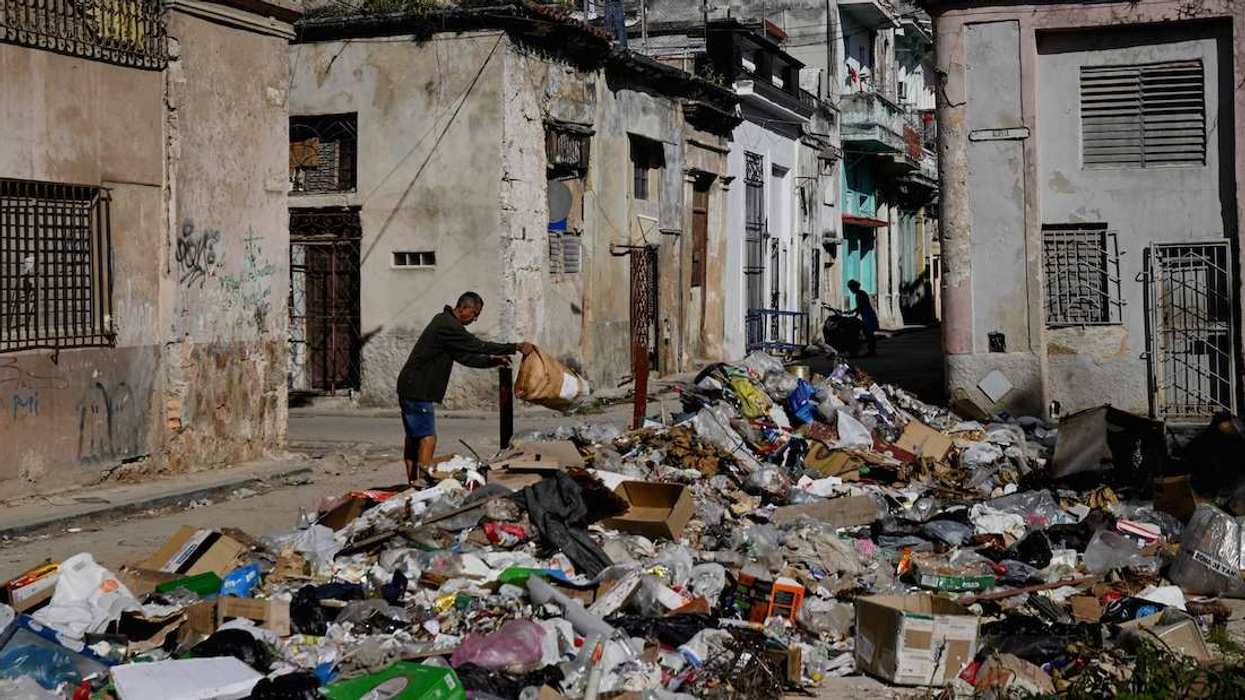As US shoots down Chinese spy balloon, China cries foul
If we'd told you a week ago that the recent US-China thaw would be upended by X, you'd have probably guessed X had something to do with Taiwan, US semiconductor export controls, or perhaps China's covert profiteering from Russia's war in Ukraine. Nope. It was all over ... a balloon.
On Sunday, Beijing issued a strongly worded statement a day after US fighter jets shot down a Chinese spy balloon that entered American airspace last week. President Joe Biden waited until the balloon was over water just off the South Carolina coast to authorize the operation – officially to avoid putting US civilians and infrastructure at risk and perhaps to respond to pressure from Republicans who'd chided him for not shooting it down earlier.
The discovery of the snoop balloon made US Secretary of State Antony Blinken cancel his weekend trip to Beijing, which would have been the first by a top US diplomat in five years. And Biden’s decision to shoot it down throws a wrench into a US-China rapprochement that had been in the works since Biden and Xi Jinping had a nicer-than-expected chat at the G-20 summit in Bali last November. While certainly weird, this doesn't seem like a crisis that can't be overcome.
Why? For one thing, it's not in China's interest to escalate further over such a bizarre incident, which was, if we believe Beijing’s official explanation, accidental as the balloon veered off course due to strong winds. For another, if Xi was testing the US president to see how he’d respond, now he knows.
Still, the aerial drama does raise the stakes for future misunderstandings, miscalculations, and overreactions coming from both sides. As China expert Michael Hirson explains in this Twitter thread, it’s “simultaneously amusing and worrying because that’s the stage of the US-China relationship we’ve entered: absurd and also dangerous. Dr. Strangelove isn't here yet, but he's knocking."



















